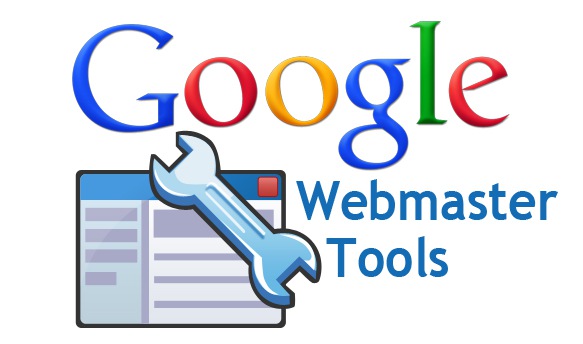If you have involved in the process of designing and
developing a website, then you make use of Google Webmaster tools, but you must
know how to use it effectually. Google Webmaster Tools are considered to be the
set of tools that enable webmasters to control and monitor their websites
online.
The best thing about these tools is that they are completely free and all it requires is just a Google Account. After logging into the webmaster console, you can include all your websites to it and administer the interaction of Google Bots with your websites. This webmaster tool is definitely the best resource and if you are not deploying it to monitor your website, then you can make sure that you are missing a golden opportunity. When you use these tools, you will be allowed to diagnose the current issues and problems associated with the performance of your website.
The best thing about these tools is that they are completely free and all it requires is just a Google Account. After logging into the webmaster console, you can include all your websites to it and administer the interaction of Google Bots with your websites. This webmaster tool is definitely the best resource and if you are not deploying it to monitor your website, then you can make sure that you are missing a golden opportunity. When you use these tools, you will be allowed to diagnose the current issues and problems associated with the performance of your website.
How To Start With Google Webmaster Tools?
You can sign into the Webmaster Tools by entering your Gmail
username and password. Then you should list all the websites in one place,
especially if you have more than one site. You can find Add Button on the right
side and, by clicking on it you can add your websites to the home page of the
webmaster. Once you have added all your websites, just make a click on it for
managing it.
After doing so, you will be able to see the crawl status,
which reveals out the status of the Google Crawler. This enables you to
understand how many web pages of your site have been indexed by Google. If
there is any problem in fetching your data or if the tools have faced any
errors, it will be shown in Green color.
Importance Of Google Webmaster Tools:
- Google Webmaster Tools play an integral role in generating successful SEO strategies that improve the overall success of your business. It also helps in generating consistent and relevant traffic to your website. The information provided in Google Webmaster tools helps in identifying particular areas that have been highlighted by Google.
- Keywords found on your website can be weighed with the search phrases typed into Google by your potential customers. This is extremely important to ensure that you are reaping the most out of SEO for your website.
- The way your customers find your site is of great importance to a webmaster and it also shows the keywords that can be used to generate more traffic to your website. The search queries will be clearly presented with the listing of ranks so it is not only easier to understand but also to make changes.
- Broken links, 404 errors, server errors, missing pages and denied access can prevent visitors from using your website correctly. Google can acknowledge the errors that it has found while crawling your website through webmaster tools.
All these gathered details can be used by web marketing
specialists for improving your user experience and creating more traffic.
Benefits Of Using Google Webmaster Tools:
- Google webmaster tools provide a platform for the individuals to submit the XML site map of their websites. Site Map is said to be the list of pages included in a website. In fact, these inner pages are arranged in a hierarchical manner in the site maps. These site maps are beneficial for webmasters as they can insist the search bots to crawl through the pages. In fact, it is also possible for the webmasters to know the number of pages on their sites has been filed.
- Google Robots crawl and index those pages which can be beneficial for potential search engine results. The webmaster can access to this information through the dashboard of Webmaster Tools which allow them to fix any problems and gratify their website's potential.
- Google webmaster tools also provide you with the facility of knowing the keywords that enable your site to get listed on the search engine result page. In addition, you can also know the number of users clicked on your website. This information enables you to identify the most familiar pages on your website.
- Webmaster tools can also provide you with a list of both internal and external links to your website. You can also get the details of the websites that point to your sites.
- Google Webmaster Tools enable you to access to the information about the aggregated and the average load time of various web pages of your site. The load time of the site is nothing but amount of time that a website takes to open on a web browser.
- Google webmaster tools portray all sorts of errors such as broken links that occur on your website. Apart from this, you can also identify the links that drive traffic to an invalid page of your website. In short, you will be informed about the features of your website that confine access to your site visitors. Google webmaster tools also provide you with a list of URLs which have duplicate Meta description and title tags.

